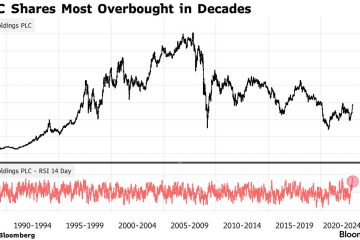Understanding Eon Next: A Leading Energy Supplier

Introduction
Eon Next is a significant player in the UK energy market, operating as a subsidiary of E.ON, one of Europe’s largest energy companies. Established to cater to the rising demand for sustainable energy solutions, Eon Next aims to provide a more environmentally friendly approach to energy supply. As the UK transitions towards greener forms of energy, the relevance of companies like Eon Next becomes increasingly paramount, influencing not only consumer choices but also the overall direction of the energy sector in the UK.
Recent Developments
In recent months, Eon Next has made headlines for its innovative initiatives and commitment to sustainability. The company has announced multi-million-pound investments in renewable energy projects, including the expansion of solar and wind capacities. According to their latest reports, Eon Next has set ambitious targets to increase their renewable energy contribution to the grid by 50% by 2025.
In a recent partnership with various environmental charities, Eon Next launched a community initiative aimed at educating customers about energy consumption and the importance of reducing carbon footprints. This grassroots movement has seen significant engagement and participation from local communities throughout the UK.
Additionally, Eon Next has introduced new pricing plans designed to encourage the use of renewable energy, which are not only transparent but also competitive, allowing consumers more control over their energy consumption and costs. This shift aligns with the broader trend among UK energy suppliers towards more flexible and customer-centric services.
Challenges Ahead
Despite these positive efforts, Eon Next faces several challenges. The ongoing energy crisis in the UK has posed significant hurdles for all energy suppliers, with rising wholesale energy prices impacting profitability. In response to this, Eon Next has prioritised customer support initiatives, including energy grants for vulnerable households and guidance on energy efficiency.
Moreover, as policy shifts towards net-zero emissions continue, Eon Next must remain agile, adapting its services in alignment with government regulations and consumer expectations. The upcoming winter months will be a critical test for the company’s resilience and customer relations.
Conclusion
Eon Next represents an important facet of the UK’s energy landscape, with its proactive approach towards sustainability setting a benchmark for other suppliers. The company’s efforts to engage with communities and adapt its offerings in the face of challenges paint a promising picture for its future. Looking ahead, Eon Next is well-positioned to play a crucial role in the transition to a greener energy future in the UK, influencing not just policy but also public perception of energy consumption. For consumers, keeping abreast of Eon Next’s evolving services will be vital in making informed choices about their energy use.









